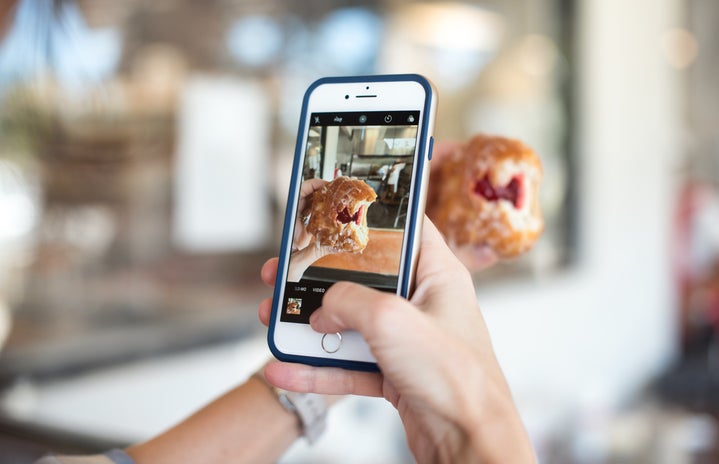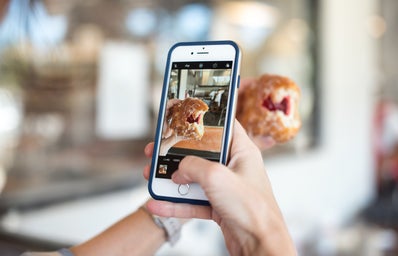We’ve all had that moment. Maybe it’s a Friday night and you’re home with the flu while all your friends are out. Or it’s Spring Break and everyone seems to be exploring the globe but all you’ve got is a one-way ticket back to your hometown. Or maybe it’s none of that. Maybe it’s a plain-old Monday and you’re studying in the library when you check your Instagram feed and see your friend who’s studying abroad and suddenly…feel like trash?
But you want to brush it off. Because social media is fun. Sure, sometimes you check it and it makes you feel worse. But more often than not you love to catch up with everyone’s lives, especially your friends who you don’t see on a regular basis. And you have to keep up with all of your favorite celebrities. So these moments of inadequacy slip to the wayside, because how could something that’s supposed to be fun make you feel so bad?
It turns out that these small moments of jealousy, loneliness, and inadequacy, spurred on by social media, can easily morph into something more dangerous. A recent survey found Instagram to be the worst social media platform for mental health, finding it to be associated with ‘high levels of anxiety, depression, bullying and FOMO, or the “fear of missing out.’ Similarly, researchers from the University of Pittsburgh found that those who spent more time on social media were at a greater risk for depression.
Even more concerning, research on links between media and eating disorders found that the inundation of seemingly perfect images on Instagram feeds can easily cause users to feel inadequate and can contribute to a feeling of dissatisfaction with one’s body.
That social media can make you feel bad about yourself isn’t quite new news. We all know that life isn’t as rosy as it looks on social media. We like to showcase the pictures we look best in and we usually don’t post unless we’re doing something interesting.
Even with this knowledge, checking in on other people’s lives can still feel overwhelming and these studies show that social media can bring about more serious long-term effects. One solution is a social media detox. If that feels drastic, start by taking the time to notice if checking in on different social media leaves you feeling, well, less social and more alone. If that’s the case, this research proves you’re less alone in these feelings than you think.
(All photos courtesy of Pexels)

